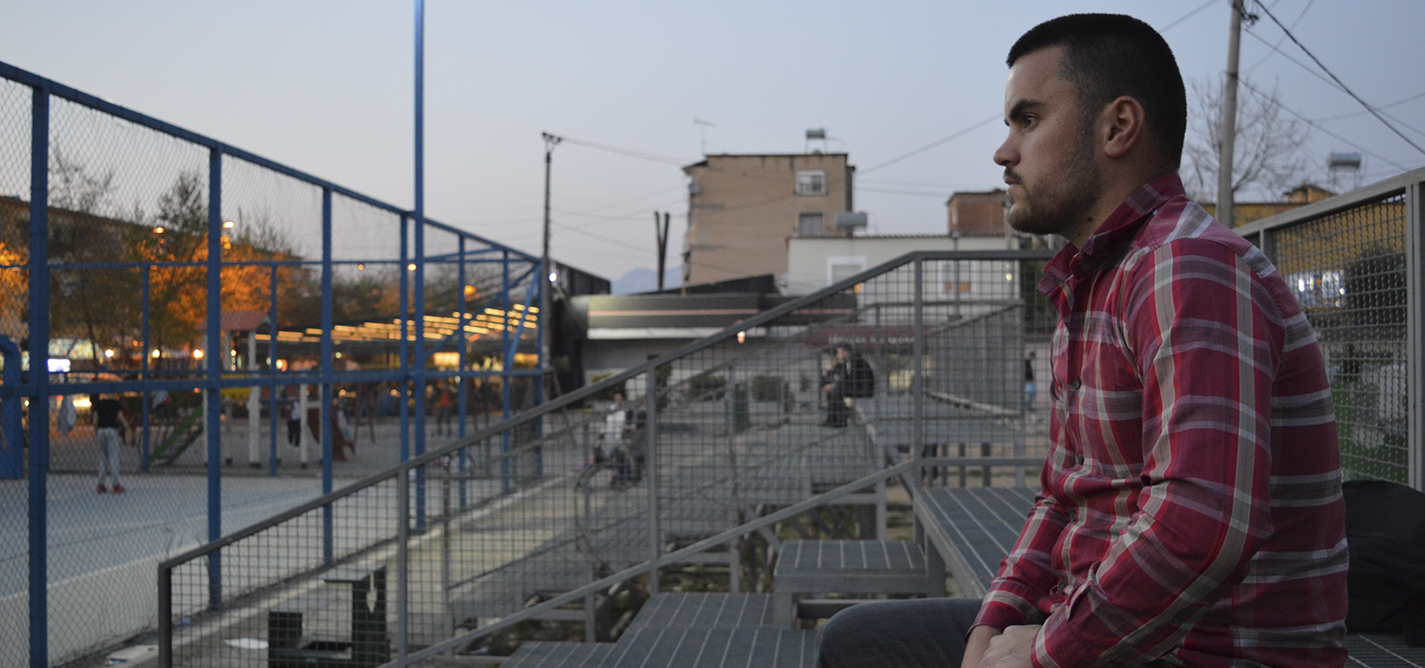
Albania is bleeding out
More than one third of Albania’s citizens live abroad.
Albanians are at the top of the list of Europeans who applied for asylum in EU countries during 2018, and 7th on the global list.
Professor Arjan Kadare points out that in the long term, the productive potential of the country is negatively influenced by the decrease of the labor force.

Denis Tahiri
Denis Tahiri is a journalist based in Tirana. He holds a BA in journalism and an MSc in public relations. He has completed a course for investigative journalism at the Albanian Center for Quality Journalism. He currently works as a journalist for TV Vizion Plus.
This story was originally written in English.